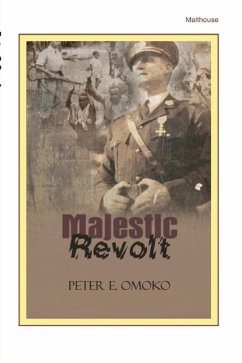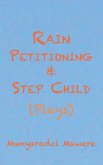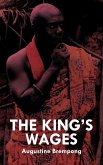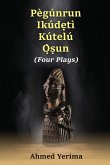In April 1927, the British colonial government introduced a "head" tax to the former Warri Province. On July 1927, the people of the Province revolted against the imposition of the tax. The decision for the mass uprising was taken at a Joint Congress of all the ethnic groups - the Urhobo, Itsekiri, Ijaw and, Isoko, and Ukwuani - held at Igbudu Quarters of Warri township. The introduction of "head" tax by the British colonial oppressors, represented by Major Walker, Deputy Inspector-General of Police in the Province, turned out to be an incendiary fuse, and conflagration followed. How would one pay tax on one's God-given head? The 1927 Anti-Tax Movement in Warri Province spread across the River Niger to Owerri Province in 1929 where women led the revolt in what is generally known as "Aba Women Riot" in colonial records. When studied against the backdrop of contemporary Nigeria/Niger Delta politics, the 1927 revolt was a landmark in the "resource control" struggle of the oppressed, marginalized, and exploited people of the oil-rich Niger Delta.
Hinweis: Dieser Artikel kann nur an eine deutsche Lieferadresse ausgeliefert werden.
Hinweis: Dieser Artikel kann nur an eine deutsche Lieferadresse ausgeliefert werden.








